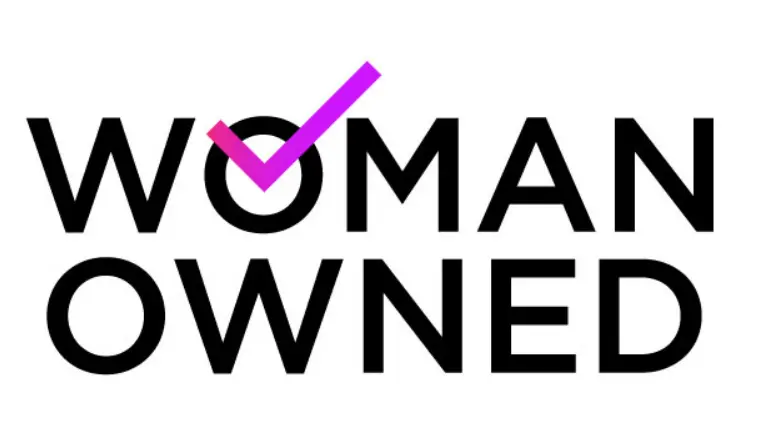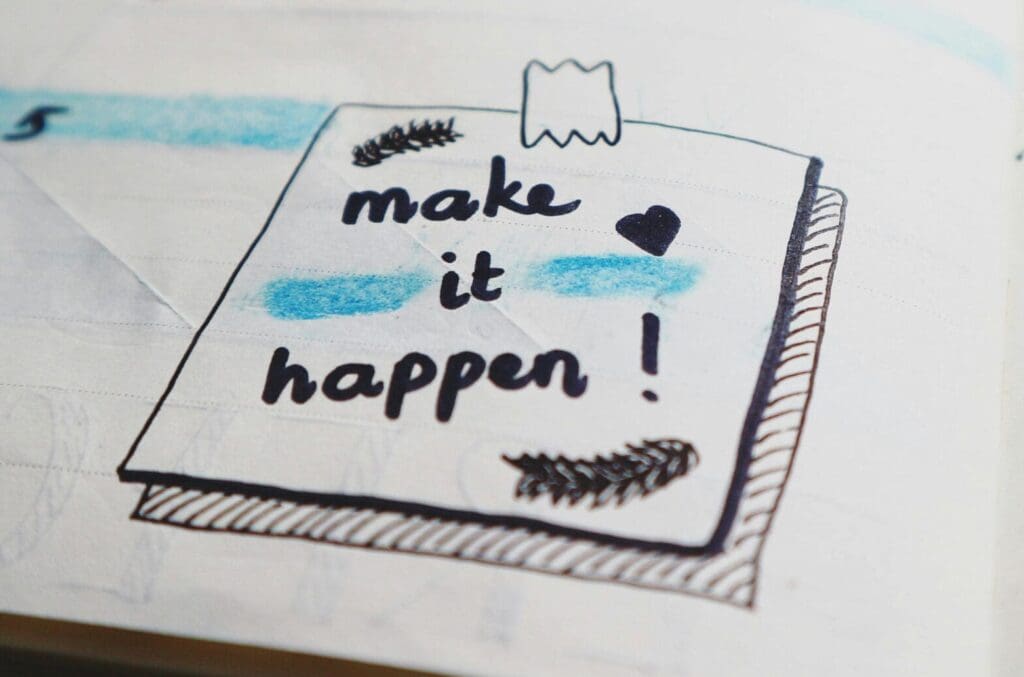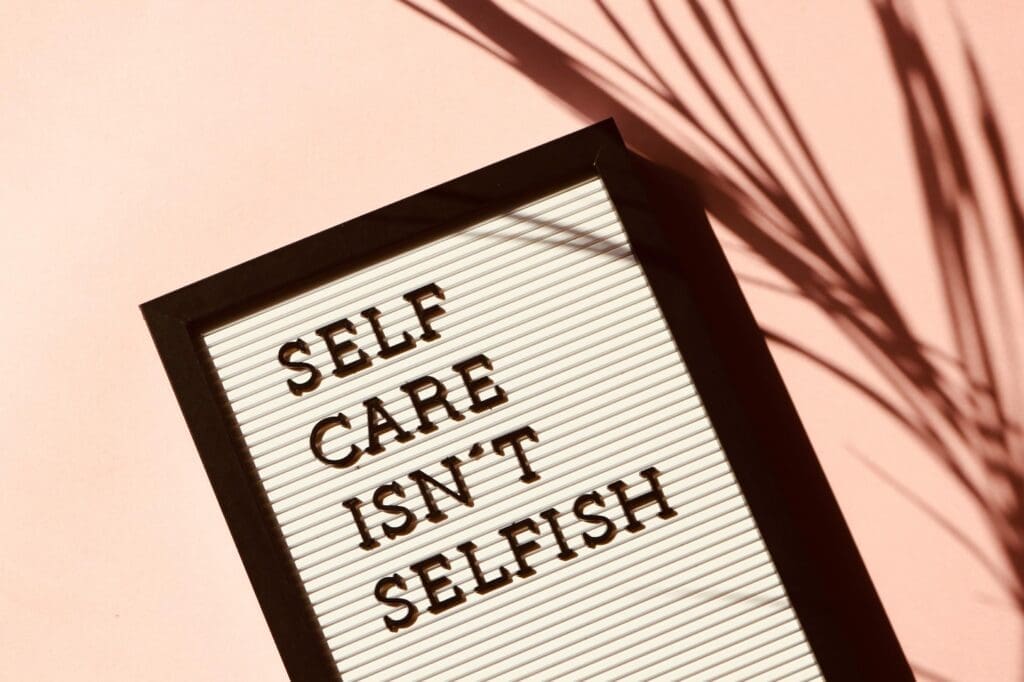We often find ourselves feeling responsible for our partner’s emotions. It is easy to assume that something we said or did caused their reaction. But constantly taking on the role of managing someone else’s feelings can be draining. Without healthy balance and open communication, the pressure to take accountability for your partner’s emotions can take a serious toll on your own mental health.
****
How Codependency Fuels Emotional Responsibility In Relationships

Codependency often plays a significant role in how we take on the emotional responsibility of our partner in a relationship. Understanding the roots of codependency and how early it can develop is crucial. For example, the relationship you had with your primary caregiver as a child is closely linked to whether you exhibit codependent behaviors as an adult. Reflecting on your childhood and how you interacted with your caregiver can reveal important patterns. Additionally, it’s worth considering how you act as the caregiver in your current adult relationship. Does it mirror the dynamics of your childhood? Are there similar attachment patterns between you and your partner as there were with your caregiver?
How Your Relationship Dynamic Influences The Responsibility You Take For Your Partner’s Feelings
The dynamic we create with our partner plays a significant role in how much responsibility we take for their emotions. There is a big difference between maintaining a healthy level of empathy for your significant other and feeling overly responsible for their feelings. While empathy is often seen as positive, it is important to recognize that too much empathy can sometimes be harmful. For example, excessive empathy may lead you to neglect your own needs and well-being. This emotional enmeshment can make you prioritize your partner’s emotions over your own, which can be damaging.
Signs of emotional caretaking in relationships include putting your partner’s feelings above your own, considering only their emotions when making decisions, and constantly being hyper-aware of how your actions may impact them emotionally. These behaviors shape the dynamic between you and your partner, often pushing you to take on more responsibility for how they feel, which can create an unhealthy relationship dynamic.
How Mental Health Impacts Emotional Responsibility In Relationships

There are many ways our mental health can be impacted by and have an impact on the emotional responsibilities we carry in relationships. For example, the pressure to constantly protect your partner’s feelings can lead to emotional burnout. The weight of always taking accountability for how your partner feels can be mentally and emotionally draining.
These self-imposed expectations can trigger anxiety as you try to “fix” your partner’s emotions. Constantly striving to make them feel better can become overwhelming. Additionally, guilt and people-pleasing behaviors may develop as you try to shield your partner from any negative emotions. Over time, this takes a toll on your mental health, as you are left juggling the physical and emotional demands of managing your partner’s feelings.
How To Heal And Stop Feeling Overly Responsible For Your Partner’s Feelings

There are ways to heal and stop feeling overly responsible for your partner’s emotions. Start by setting emotional boundaries without guilt. You should not feel bad for limiting the amount of emotional energy you invest in your partner’s feelings. Recognize that it is possible to support your partner without losing yourself in the process. Practice clearly communicating your needs and emotional limits to your partner. Focus on building self-awareness around emotional responsibility and how it shows up in your life. Finally, work on trusting your partner to manage their own emotions.




